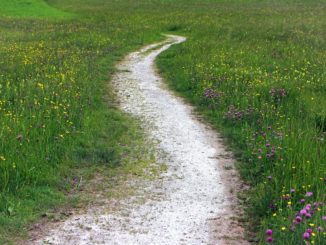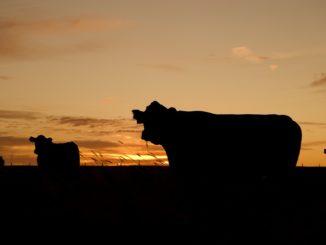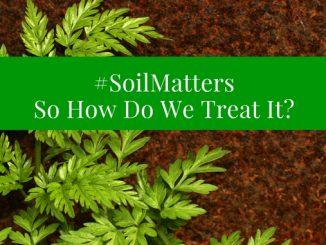By Su Dibb (of Eating Better)
Future policies towards livestock farming and trade in the UK and EU should support a shift to healthy sustainable diets and develop more coherent approaches to environmental objectives such as climate change, protecting nature and high animal welfare.

These are the findings of a research report commissioned by Eating Better from the Institute for European Environmental Policy (IEEP) to examine how the Common Agricultural Policy (CAP) and trade policies influence the consumption and production of meat & dairy foods; and what policy changes to CAP and future agricultural policies could shift livestock production and consumption onto a more sustainable, ethical and healthful pathway.
Towards an integrated approach to livestock farming, sustainable diets and the environment: challenges for the Common Agricultural Policy and the UK demonstrates how livestock production benefits from considerable financial support under the Common Agricultural Policy (CAP). It recommends that future models of support must:
- Factor in likely and desirable changes to diets (including potentially lower meat consumption in Europe);
- Incentivise the contribution agriculture and livestock sectors in particular will need to make to reducing greenhouse gas emissions (GHGs); and
- Distinguish better between livestock farming types which bring environmental and animal welfare benefits and those which do not.
This applies at a European level, but also more imminently in the UK where a new agricultural policy and trade agreements will be needed following Brexit.
IEEP’s research finds that funding for environmental schemes is available, but small budgets and trade rules mean the rewards do not always reflect the benefits such schemes can bring. Member States also use CAP funds to maintain high levels of dairy production even though there is oversupply in the EU as a whole, pushing down prices. High tariffs and other support for cattle and sheep production keep livestock in Europe, but do not provide an incentive to reduce GHGs and other environmental pressures such as water pollution on the scale required in the coming years.
It concludes that there are few easy solutions, and trade-offs cannot be escaped. Policy must be driven by a wider range of factors than at present. Full and well-evidenced profiles of different livestock production systems need to be established, and support measures for systems producing clear public benefits need to be made. Payment mechanisms should incentivise good performance.
IEEP recommends that within the EU and the UK, policymakers must develop, then implement a road map for a truly sustainable agriculture, with net-zero emissions of GHGs by 2050. Livestock policy will be a critical element of this.
The report was commissioned by the Eating Better alliance with funding from Friends of the Earth, the European Public Health Alliance, RSPB, WWF-UK and Compassion in World Farming.
Our purpose is to offer this independent research to policy makers, the food and farming sectors as well as our own civil society networks at a crucial time. When we first commissioned this research we intended this inform forthcoming mid-term review of CAP. In the UK, Brexit now provides a further opportunity to consider how our agricultural support mechanisms can evolve post CAP to ensure that public money delivers public goods for public health, environmental enhancement and mitigating climate change. We welcome feedback.
Eating Better is now consulting with its alliance organisations and other stakeholders to develop a briefing paper and policy recommendations.
Baldock, D. and Mottershead, D.H. (2017) Towards an integrated approach to livestock farming, sustainable diets and the environment: challenges for the Common Agricultural Policy and the UK, Institute for European Environmental Policy, London. can be downloaded from IEEP’s website.
This article first appeared on the Eating Better website. Eating Better: for a fair, green, healthy future is a broad alliance working together to help people move towards eating less meat and more food that’s better for us and the planet, as part of the vital task of creating sustainable food and farming systems.




